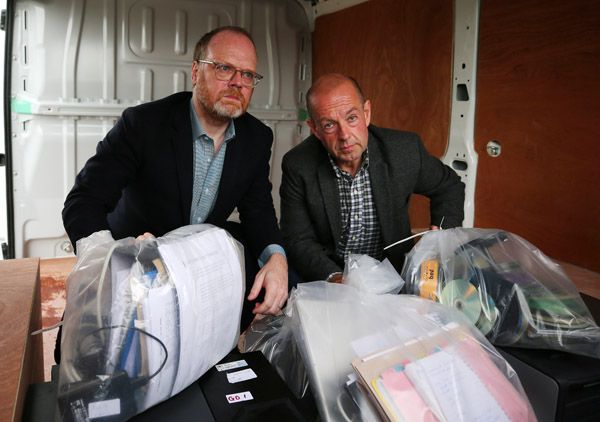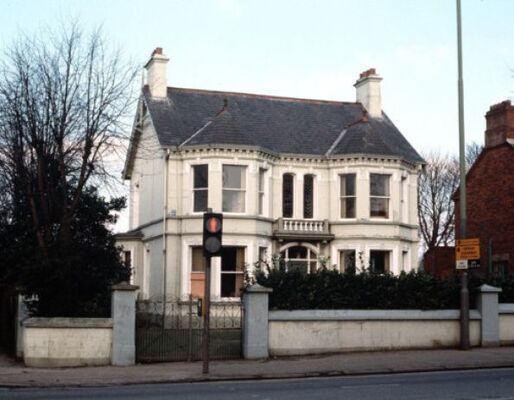SIR George Ernest Craythorne Hamilton was PSNI Chief Constable from 2014 until 2018. In 2015 he was invited to speak at Féile An Phobail and was interviewed by journalist Brian Rowan. Sir George was presented as a good guy, despite the scepticism of many since Sinn Féin signed up to policing in 2007.
In 2007 the republican movement navigated an exceptionally painful journey of decision making. Many didn’t believe that the RUC had changed in substance to become the PSNI, and didn’t have faith in the Patten Report’s accountability measures. However, many others gave a conditional yes when asked to give the PSNI fair wind, to engage with the structures to deliver the change they wanted to see. There was also pressure on the ground in republican areas, with conflict actors who had previously performed imperfect policing roles leaving the stage and a policing vacuum causing day to day harms.
Adding to the pain of that time was the stubborn failure and refusal of this peace process to deal with the past. The PSNI had established the Historical Enquiries Team, but it was already showing an uneven approach to state killings – an approach that would later be deemed illegal. Bereaved relatives were asking how much more they could be left behind by a peace process that was blind to their human rights.
By the time George Hamilton came to St Mary’s College there was a Stormont House Agreement to deal with the past – something he was a public advocate for – and policing structures were being given a chance. Or so it seemed.
Today we stand with the undeniable reality, after the findings regarding the surveillance of journalists Trevor Birney and Barry McCaffrey, that Sir George was not the good faith actor he was presented as being. He was involved in undermining the legitimate pursuit of truth and justice regarding RUC involvement in conflict harms and killings by the Police Ombudsman’s office and industrial scale surveillance of journalists, lawyers and NGOs engaged in the same work.
WE SAY: PSNI boss has a choice to makehttps://t.co/GgH1121aJS
— Andersonstown News (@ATownNews) December 19, 2024
Families’ pleas since 1998 to have their human rights upheld going unheard and their rights unfulfilled has meant that the PSNI has never operated in good faith. It is an opportunity squandered. And the time to pretend that the indefensible needs to be defended is over.
Billion of pounds were spent in an attempt to clean the RUC to make way for the PSNI. However, no-one admitted why that was necessary. Presenting this change as a confidence building measure for nationalism, to save unionism’s blushes and preserve the British state’s narrative of itself during the conflict, has betrayed the promise of change. The RUC should have been disbanded and its reputation torn asunder.
When this scandal was first presented to the Policing Board there seemed to be an attempt to mitigate any potential damage to the PSNI. The announced McCullough Review falls far short of the immediate calls from Mr McCaffrey and Mr Birney that a public inquiry should be held. Only a public inquiry will reach into exactly how this scandal has happened despite having the accountability measures of a Policing Board and a Police Ombudsman’s Office. Only a public inquiry will reach into the exact nature and scale of this policy. Only a public inquiry can recommend accountability.
This cannot be swerved or mitigated to save the blushes of anyone.








